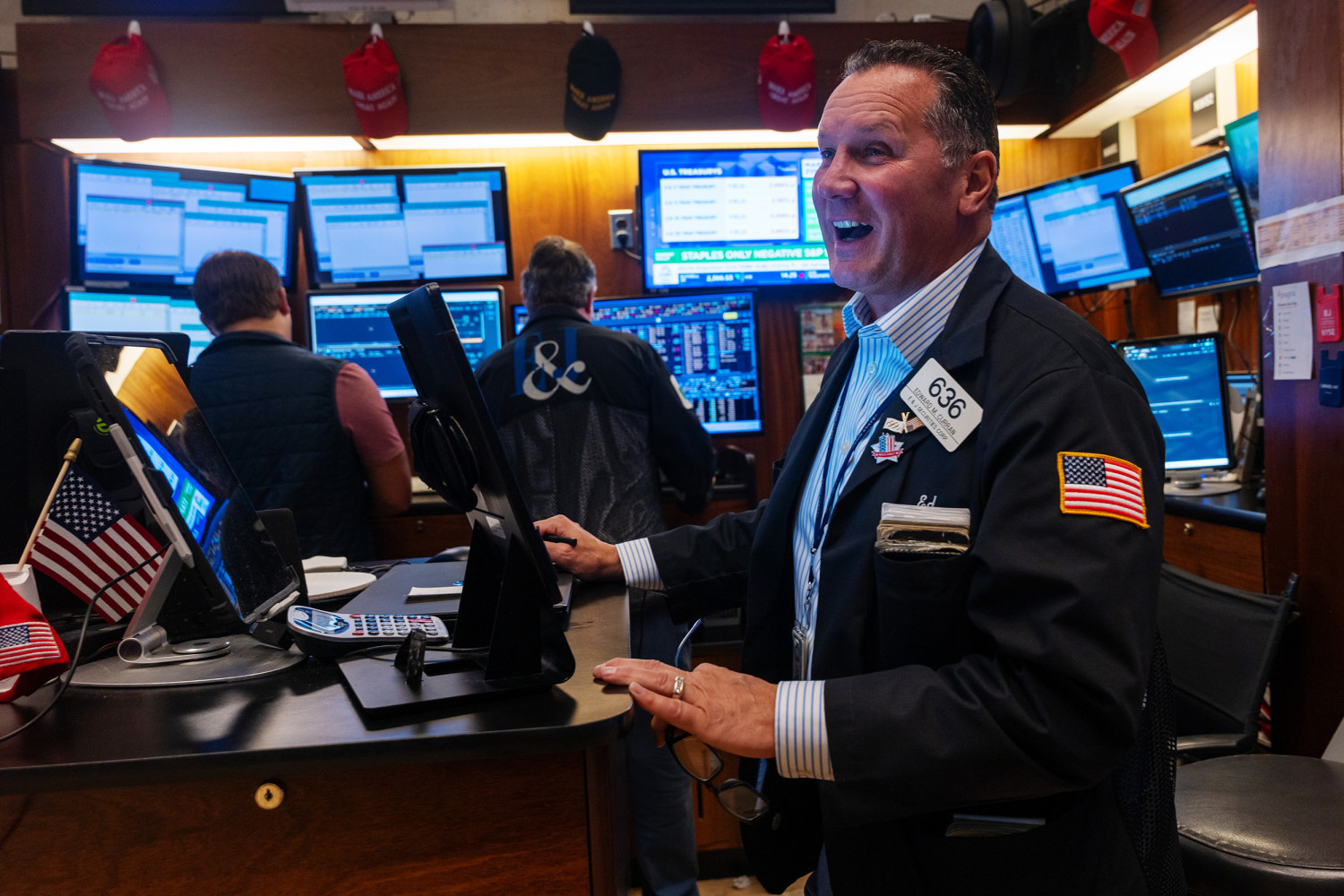La autonomía de los bancos centrales ha sido durante mucho tiempo un pilar fundamental para la estabilidad económica, actuando como un resguardo contra la interferencia política en la política monetaria. Recientemente, la presidenta del Banco Central Europeo, Christine Lagarde, enfatizó este principio con una advertencia clara: cualquier debilitamiento de la autonomía de la Reserva Federal generaría riesgos importantes para los mercados financieros, el crecimiento económico y la confianza pública en las instituciones. Su declaración refleja una creciente preocupación entre los economistas de que la independencia de los bancos centrales, anteriormente considerada un hecho, enfrenta presiones sin precedentes en un escenario global que cambia rápidamente.
Lagarde’s remarks come at a time when central banks worldwide are navigating a delicate balancing act. After years of low interest rates, quantitative easing, and extraordinary measures to stabilize economies during the pandemic, monetary authorities now face the challenge of taming inflation without triggering a deep recession. The Federal Reserve, in particular, has been at the center of this effort, raising rates to control price growth while monitoring the potential impact on employment and financial stability.
In this scenario, political figures are more outspoken about decisions regarding monetary policy. Some suggest that interest rates are overly elevated, causing undue pressure on families and companies. On the other hand, certain individuals maintain that easing policy too soon could trigger inflationary pressures again. Lagarde’s caution highlights the risk of permitting these discussions to influence the actions of the central bank, stressing that monetary policy should be determined by data and long-term goals instead of immediate political advantages.
History offers numerous examples of the consequences when monetary policy becomes politicized. When governments exert pressure on central banks to keep rates artificially low, the result often includes runaway inflation, currency devaluation, and the erosion of investor confidence. Conversely, overly restrictive measures driven by political agendas can stifle growth and deepen economic downturns. Lagarde’s comments remind policymakers that the credibility of institutions like the Federal Reserve depends on their ability to operate free from partisan influence.
The Federal Reserve’s independence is not merely a legal formality but a key factor in maintaining global financial stability. Investors and markets rely on predictable, evidence-based decisions from central banks. Any perception that those decisions are influenced by political cycles could undermine confidence in the U.S. economy, destabilize currency markets, and create ripple effects across international trade and investment flows. Lagarde’s remarks, therefore, highlight an issue that extends beyond American borders, touching on the interconnected nature of the global economy.
While central bank independence is widely regarded as essential, it is not immune to scrutiny or criticism. Elected officials often express frustration when policy decisions conflict with fiscal objectives or campaign promises. In recent years, the rise of populist movements has amplified calls for greater political control over economic levers, including monetary policy. These pressures intensify during periods of economic stress, when voters seek immediate relief from rising costs or job losses, and politicians look for ways to deliver quick results.
Lagarde’s view is consistent with an enduring agreement among economists: political meddling in the short term usually leads to long-term instability. The impacts of monetary policy unfold over time, indicating that today’s decisions affect inflation, jobs, and growth months or even years down the line. On the other hand, decisions driven by political agendas frequently focus on short-term gains at the expense of future outcomes, fostering a pattern of volatility that hampers durable economic development.
Another critical aspect of this debate involves public perception. Trust in financial institutions is already fragile in many parts of the world, eroded by crises and scandals over the past two decades. If the public begins to view central banks as extensions of political power rather than independent guardians of economic health, confidence in the broader financial system could deteriorate. Such a shift would complicate efforts to manage crises, as credibility is a vital tool in calming markets during periods of uncertainty.
The issue of independence is also intertwined with transparency and responsibility. Some detractors claim that providing central banks with excessive freedom could shield them from democratic observation. Supporters, however, argue that independence is not synonymous with absence of responsibility; instead, it guarantees that choices are guided by knowledge and information rather than political convenience. Lagarde’s remarks imply that maintaining independence should be accompanied by effective communication, strong governance, and means for public examination that enhance legitimacy without undermining operational freedom.
The Federal Reserve’s recent policy trajectory illustrates the importance of this principle. Faced with inflation rates unseen in decades, the Fed implemented aggressive rate hikes to stabilize prices. These moves were unpopular in some political circles because they raised borrowing costs for consumers and businesses. However, central bankers argued that failing to act decisively would allow inflation to spiral further, ultimately causing greater harm to the economy. This scenario underscores why independence is crucial: difficult decisions often require prioritizing long-term stability over short-term popularity.
Lagarde’s warning resonates beyond Washington. Around the world, central banks face similar challenges as governments expand fiscal spending, and geopolitical tensions disrupt trade and energy markets. In such an environment, the temptation for political leaders to influence monetary decisions grows stronger. Whether in emerging markets or advanced economies, maintaining institutional independence is vital to preventing policy mistakes that could exacerbate global volatility.
Ultimately, the debate over central bank autonomy reflects a broader tension between technocratic governance and democratic accountability. While elected officials bear responsibility for economic outcomes, central banks function as specialized institutions designed to shield monetary policy from the ebbs and flows of partisan politics. Lagarde’s message serves as a reminder that weakening this safeguard could undermine not only economic performance but also the resilience of democratic systems themselves.
In today’s world, where we face challenges like rising prices, advancements in digital money, and increased global tensions, the importance of central banks operating independently is even greater. They must guide nations through unpredictable times while ensuring confidence in the steadiness of currencies and financial institutions. Undermining their autonomy could lead to immediate risks and potentially bring about future economic turmoil, a scenario that both leaders and the public must strive to avoid.
Lagarde’s statements should not be viewed merely as a warning but as an appeal to reinforce one of the fundamentals of contemporary economic management. During periods of swift evolution and political division, the urge to weaken institutional protections becomes tangible. Maintaining the independence of central banks such as the Federal Reserve is not only a matter of principle—it is essential for enduring growth, price stability, and trust in the global economy.



